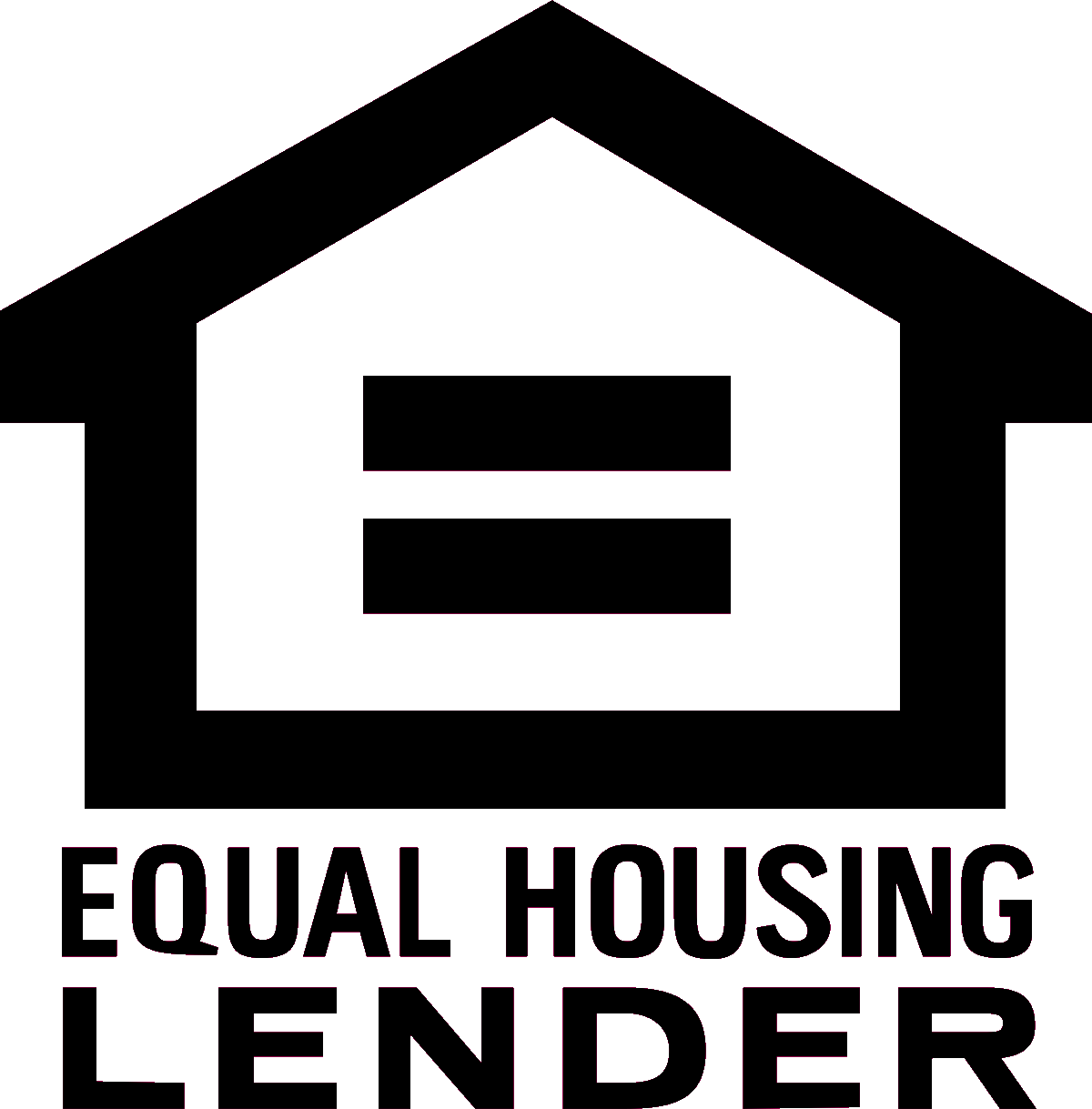FHA Loan
The FHA loan program offers loans insured by the Federal Housing Administration and intended to help low- and moderate-income families by lowering some of the barriers to homeownership. You may use an FHA-insured mortgage to purchase or refinance a new or existing 1- to 4-unit home, a condominium or a manufactured or mobile home (provided it is on a permanent foundation).
Why choose an FHA-insured loan?
There are lots of good reasons to choose an FHA-insured loan, especially if one or more of the following apply to you:
- You're a first-time homebuyer.
- You don't have a lot of money to put down on a house.
- You want to keep your monthly payments as low as possible.
- You're worried about qualifying for a loan.
- You don't have perfect credit.
If any of these things describe you, then an FHA-insured loan may be right for you. FHA-insured loans offer many benefits and a level of security that you won't find in other loans including:
Smaller downpayment
FHA-insured loans have a low 3.5% downpayment and the money can come from a family member, employer or charitable organization as a gift.
Less than perfect credit
Credit guidelines are more lenient than for conventional loans. In fact, even if you have had credit problems, such as a bankruptcy, you may be able to qualify for an FHA loan.
Low cost
FHA loans have competitive interest rates because the federal government insures the loans against default.
Easier qualification
Because FHA insures your mortgage, lenders may be more willing to give you loan terms that make it easier for you to qualify.
More protection to keep your home
The FHA has been helping people since 1934. Should you encounter hard times after buying your home, the FHA has many options to keep you in your home and avoid foreclosure.
Loan options
Adjustable rate loans
Most FHA-insured loans are fixed-rate mortgages. However, FHA also offers adjustable rate loans. With FHA's adjustable rate mortgage (ARM), the initial interest rate and monthly payments are low, but these may change during the life of the loan. The advantage of selecting an ARM is that you may be able to expand your house-hunting value range because your initial interest rate will be low, as will your payment.
FHA uses the 1-Year Constant Maturity Treasury Index (CMT) to calculate the changes in interest rates. An index is a measure of interest rate changes that determine how much the interest rate on an ARM will change over time. The maximum amount that the interest rate on your loan may increase or decrease in any one year is 1 or 2 percentage points, depending upon the type of ARM you choose. Over the life of the loan, the maximum interest rate change is 5 or 6 percentage points from the initial rate.
Purchase/Rehabilitation loans
Sometimes you might see a home you'd like to buy, but it needs a lot of work. FHA has a loan for rehabilitating and repairing single-family properties called the SF Rehabilitation Loan program (203k). You can get one loan which combines the mortgage and the cost of repairs. The mortgage amount is based on the projected value of the property with the work completed. The advantage of this loan is that you can buy a home that needs a lot of work, but have only one mortgage payment, and you can complete the repairs after buying the home.
How do FHA-insured loans compare to conventional loans?
Conventional loans usually require a larger downpayment than FHA and if you have less than perfect credit you may not qualify for an affordable mortgage with a low interest rate. The best thing to do is compare the cost of the conventional loan to an FHA-insured loan line-by-line. What are the fees for each? What is the interest rate? How much is the mortgage insurance? How much downpayment is required? For some borrowers, a conventional loan may be less expensive. For many others, getting an FHA-insured loan is the way to go.
Do you have to buy mortgage insurance on an FHA-insured loan?
Yes, in order to cover the risk of default, the FHA requires borrowers pay mortgage insurance. FHA charges an upfront premium equal to 1.75% of the mortgage amount. It may be financed as part of the mortgage. FHA also charges monthly premiums that are included in the mortgage payment. These premiums are based on the initial loan-to-value ratio and the length of the mortgage (except for FHASecure delinquent mortgages).
- 30 years
- Loan-to-value > 95%: 0.85%
- Loan-to-value <= 95%: 0.8%
- 15 years
- Loan-to-value > 90%: 0.70%
- Loan-to-value <= 90%: 0.45%
Excerpted from Federal Housing Administration Web site.








 More Information
More Information